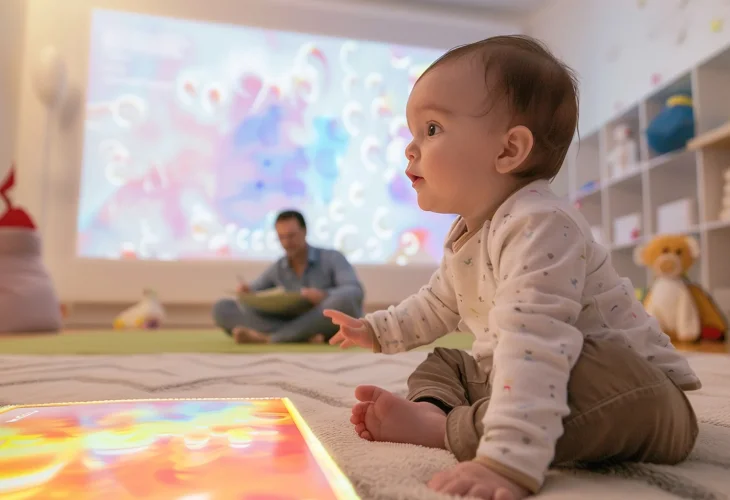Researchers Discover: Why Can't We Remember Our Infant Lives?
A new study suggests infants can encode memories but struggle to retrieve them later in life.

Why can't we remember our lives as infants? A new study published in the scientific journal Science reveals that infants can encode memories from an early age but find it difficult to retrieve them in adulthood.
In the study, 26 infants aged 4.2 to 24.9 months were examined and divided into two age groups: infants under one year old and those aged one to two years. During the experiment, a series of unique pictures was presented to them while the activity of the hippocampus — the brain region responsible for memory, emotions, and the autonomic nervous system — was measured using MRI scans.
"The hippocampus is a deep brain structure not visible with regular methods, so we had to develop a new approach to conduct memory experiments with infants inside the MRI machine," explained Dr. Nick Turk-Browne, the lead author of the study and a professor in the Department of Psychology at Yale University.
After presenting the images, the infants' eye movements were monitored as they were shown two images side by side: one familiar and one new. If the infant looked longer at the familiar image, it indicated recognition and memory. Analysis of the scans showed that the hippocampus was more active in infants over one year old during memory encoding, and only in them was activity also observed in the orbitofrontal cortex, responsible for decision-making and recognition related to memory.
"The remarkable finding of this study is the compelling evidence that memory encoding processes in the hippocampus occur already in infants, even when the stimuli themselves are not necessarily meaningful to them," said Dr. Leila Davachi, a professor of psychology at Columbia University, who was not involved in the research.
While researchers are still investigating why infants struggle to retrieve these memories later in life, the hypothesis is that the processing mechanisms in the infant brain do not provide the hippocampus with the appropriate 'search terms' to locate the stored memories.
Researcher Dr. Simona Ghetti from the University of California, Davis, who was not involved in the study, noted that these findings highlight the importance of providing infants with visual exploration opportunities, as these processes nurture their learning skills.
Although we cannot recall memories from infancy, it is safe to say we learn from those experiences, whether neutral or emotional. "Infancy is a critical period for memory development, and understanding these processes can deepen the parent-infant bond," Ghetti concluded.

